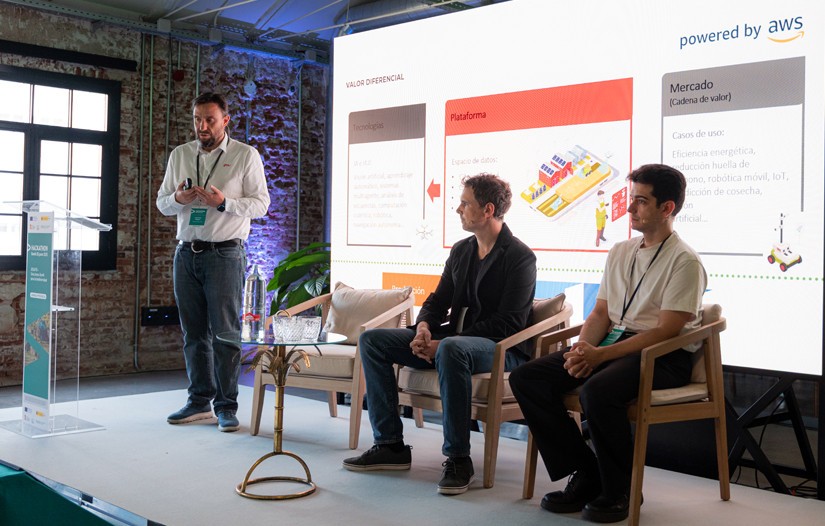GMV advances sustainable AI at the “GenAI Solutions for Biodiversity” hackathon

On June 25, 2025, Madrid hosted the in-person final of the “GenAI Solutions for Biodiversity” hackathon, organized by the State Secretariat for Digitalization and Artificial Intelligence (SEDIA) as part of the National Green Algorithms Program (PNAV). Aligned with Spain’s National Artificial Intelligence Strategy and funded through the Recovery, Transformation, and Resilience Plan, the initiative promotes energy-efficient algorithms and aims to evaluate their environmental impact according to upcoming European standards.
In her opening remarks, María González Veracruz, State Secretary for Digitalization and Artificial Intelligence, highlighted that “the National Artificial Intelligence Strategy, launched in 2021, has been pioneering by driving significant digital investment and positioning Spain, and Europe, at the forefront of the digital revolution.” She also emphasized that 26% of the Spanish economy is now digital, and AI must play a decisive role in addressing the climate crisis.
During the first panel on AI and sustainability, José Carlos Baquero, Director of GMV’s Artificial Intelligence and Big Data Division, presented the advances made in the AgrarIA project, an initiative funded by SEDIA’s 2021 AI R&D Missions Program. This strategic collaboration, involving 24 partners from large enterprises, SMEs, research centers, and universities, leverages AI, robotics, IoT, cloud, and quantum computing to digitize and decarbonize Spain’s agri-food value chain.
One of the most representative use cases has been developed together with Primafrio, a leading operator in refrigerated logistics. Thanks to the implementation of predictive models and digital twins, the company has been able to reduce energy consumption in its cold stores by 15 %, automate logistics management using the QueryEx tool in real time, and shorten operational response times by 20 %, resulting in greater efficiency and significant cost reductions.
GMV’s involvement in this hackathon underscores its role as a trusted technology partner in responsible and sustainable AI development. Initiatives like AgrarIA demonstrate how well-designed AI solutions can optimize natural resource use, such as water and energy, cut CO₂ emissions in critical supply chains, and enhance competitiveness in the agri-food sector through advanced analytics and automation.